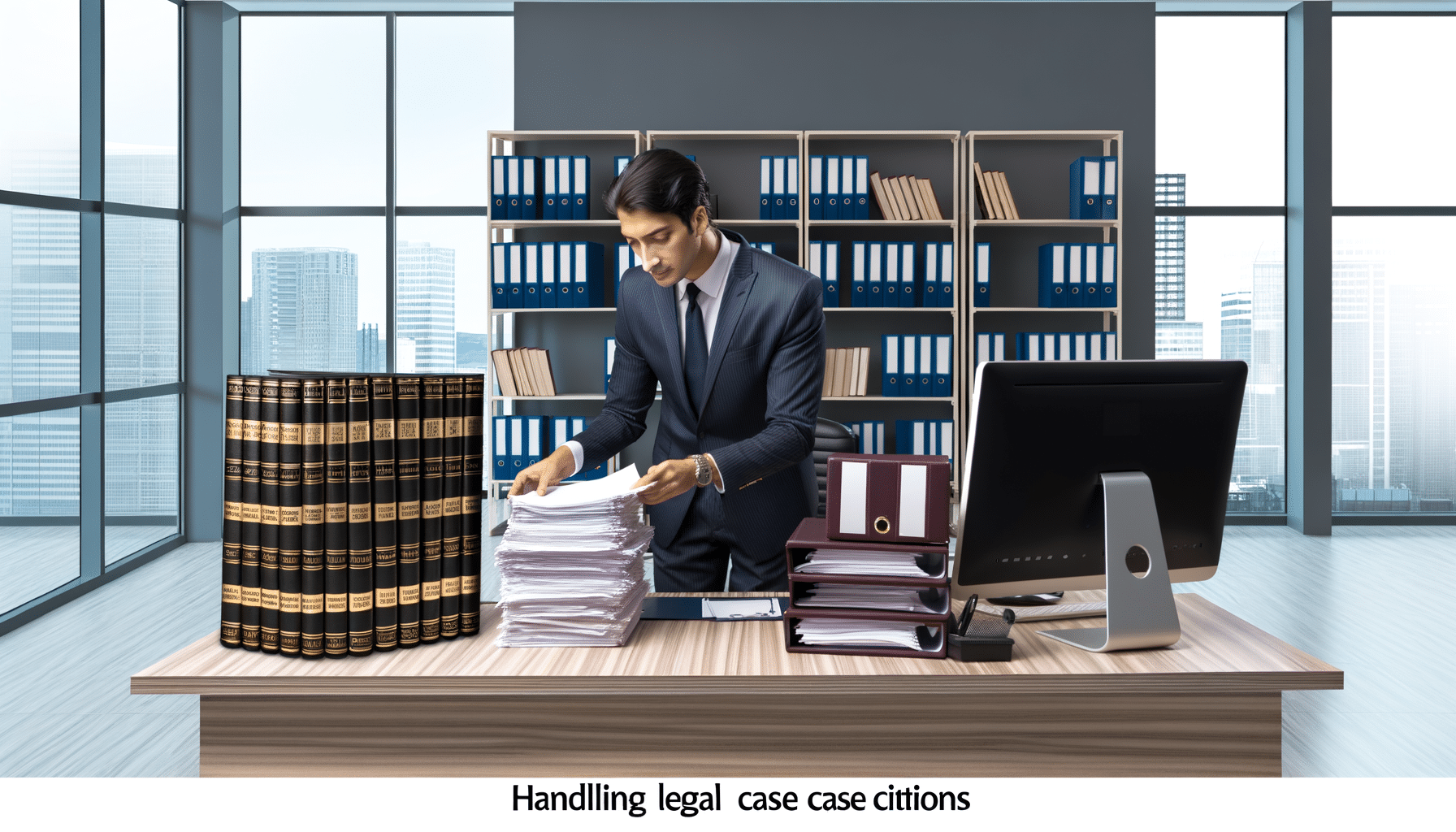- AI in Legal
- March 20, 2023
Using Blockchain to Simplify Digital Forensics and Evidence Management

As someone deeply entrenched in the dynamic field of record management, I’ve witnessed many transformations. While technology has always been a critical stakeholder in this space, incorporating blockchain technology is proving to be a true game-changer, pushing the boundaries of what’s possible in digital forensics and evidence management.
Understanding the Challenge of Digital Forensics
Digital forensics is a meticulous field that revolves around the collection, analysis, and preservation of digital evidence—an undertaking that grows more complicated as information proliferates. Integrity, security, and transparency of evidence are paramount, given that outcomes often influence legal decisions.
A primary challenge that experts in digital forensics face today is ensuring that data remains unaltered from the moment it’s seized until it is presented in a court of law. With traditional systems, vulnerabilities exist, leaving room for questioning the authenticity of the data. This is precisely where the introduction of blockchain technology can serve as an innovative solution.
How Blockchain Provides Value
Blockchain, known for its immutable ledger system, ensures data is secure, transparent, and unaltered. By recording each digital evidence entry into a blockchain ledger, we guarantee a tamper-proof record, establishing an unshakable chain of custody.
Here are the core ways blockchain reshapes digital forensics:
Blockchain: Revolutionizing Evidence Handling
Integrating blockchain into evidence management isn’t merely about improving security; it’s about transforming how legal and forensic professionals interact with digital records. Here’s how:
1. Enhanced Chain of Custody
The concept of a chain of custody refers to the timeline of the management of evidence. Blockchain technology records every transaction involving the evidence in an encrypted, serialized manner. This offers an indisputable log, reinforcing the integrity of the process, hence minimizing room for challenges or disputes in court.
2. Secure Access Control
Blockchain facilitates smart contracts—self-executing contracts with the terms directly written into lines of code. This capability enables access to evidence to be automatically granted or restricted based on predefined rules, ensuring only authorized personnel have access, whilst keeping meticulous records of interactions.
3. Cost and Time Efficiency
Through automation and real-time updates, blockchain diminishes the need for exhaustive, manual verification processes. Legal experts can instead allocate more time to deriving insights from the data, delivering efficiency and accuracy.
Real-World Applications and Success Stories
Industries globally are taking notice. Law enforcement agencies are piloting blockchain to maintain the integrity of body-cam footage, providing incontrovertible evidence in contentious scenarios. Furthermore, cybersecurity firms are adopting blockchain to protect and authenticate documents, offering peace of mind against breaches.
These pioneering efforts serve as a clear signal that blockchain is set to become an integral aspect of evidence management systems.
Conclusion: Embracing the Future
The convergence of digital forensics and blockchain presents a thrilling avenue for innovation. By leveraging blockchain, we’re setting new standards for evidence integrity, enabling professionals in the legal field to serve justice with greater certainty.
I, therefore, invite you to explore the evolving capabilities that blockchain brings to the realm of record management. By doing so, we can all contribute to a future where digital evidence enjoys the same sanctity and respect as its physical counterparts. Let’s embrace these advancements to build a more transparent and secure legal landscape.
For those keen on delving deeper into the intersection of blockchain technology and digital forensics, I encourage you to continue following my insights. Together, we can transform record management from a mundane necessity to a strategic asset.
Toshendra Sharma is the visionary founder and CEO of RecordsKeeper.AI, spearheading the fusion of AI and blockchain to redefine enterprise record management. With a groundbreaking approach to solving complex business challenges, Toshendra combines deep expertise in blockchain and artificial intelligence with an acute understanding of enterprise compliance and security needs.
Related Posts


Archives
- December 2024
- November 2024
- October 2024
- September 2024
- August 2024
- July 2024
- June 2024
- May 2024
- April 2024
- March 2024
- February 2024
- January 2024
- December 2023
- November 2023
- October 2023
- September 2023
- August 2023
- July 2023
- June 2023
- May 2023
- April 2023
- March 2023
- February 2023
- January 2023
- December 2022
- November 2022
- October 2022
- September 2022
- March 2019
Want to get more content like this?
Signup to directly get this type of content to your inbox!!
Latest Post
Organizing External Auditor Access
- December 22, 2024
Document Control in Manufacturing Plants
- December 21, 2024
Handling Rush Financial Report Requests
- December 20, 2024
Managing Record Access After Staff Changes
- December 19, 2024





